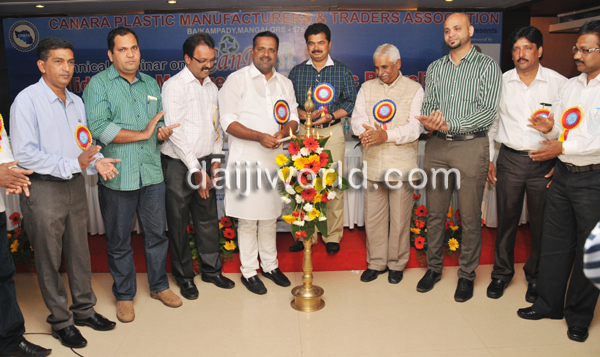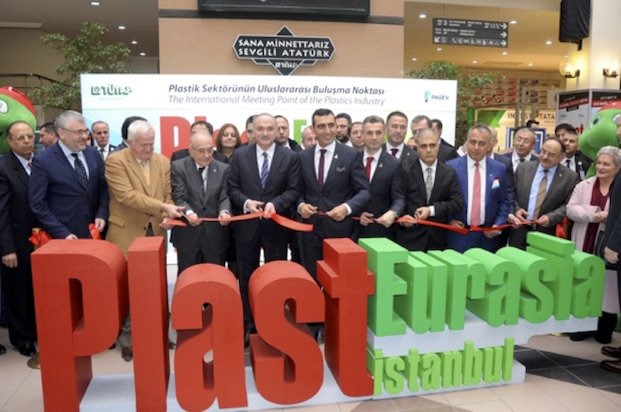The Netherlands-based Parx Plastics announced that it has finished it verification tests on different grades of polymethyl methacrylate (PMMA) and adds them to the portfolio of antimicrobial concentrates.
These lightweight and shatter-resistant thermoplastics are used for the production of sheets to be formed into shapes for hospital beds.

Parx Plastics launches antibacterial PMMA for manufacture of hospital beds[/caption]
After four years of biomimetic research, the company said it is able to create a 100% safe and biocompatible technology to inhibit the growth of bacteria on the surface of plastic.
As said, the patented process is able to create a material with antibacterial/antimicrobial effectiveness rate of up to 99% according to ISO22196 without altering its original characteristics.
The antimicrobial property is merely due to the (changed) mechanical/physical properties of the surface and not due to migration. Bacteria cannot develop and proliferate on the surface of the material and there are no toxins or biocides involved to which antimicrobial resistance can be build up.
Antimicrobial resistance (AMR) refers to the ability of micro-organisms to withstand antimicrobial treatments. The overuse or misuse of antibiotics has been linked to the emergence and spread of micro-organisms which are resistant to them, rendering treatment ineffective and posing a serious risk to public health.
Website: www.adsalecprj.com








